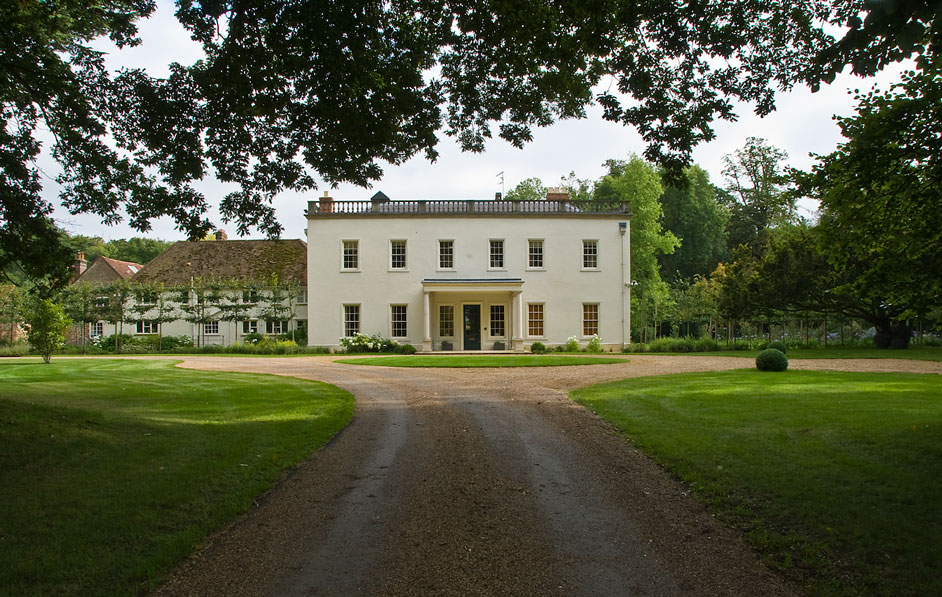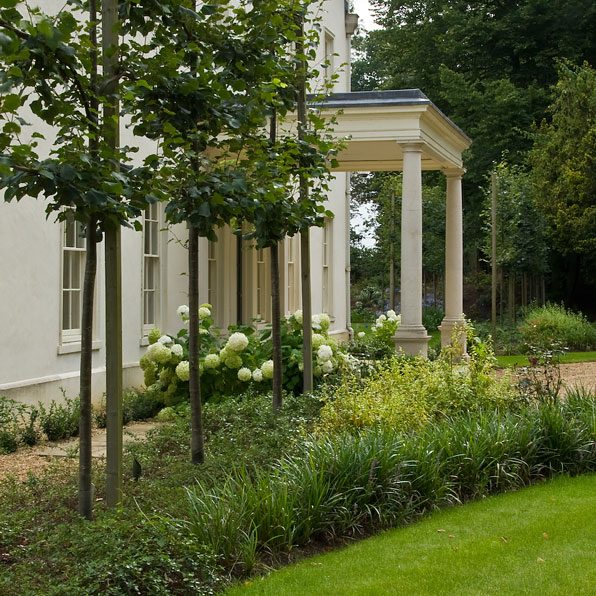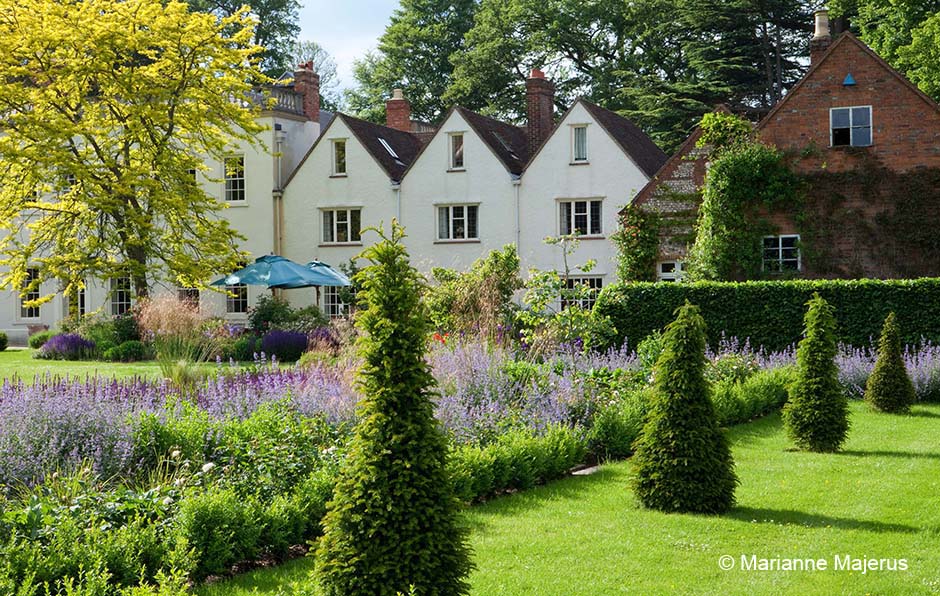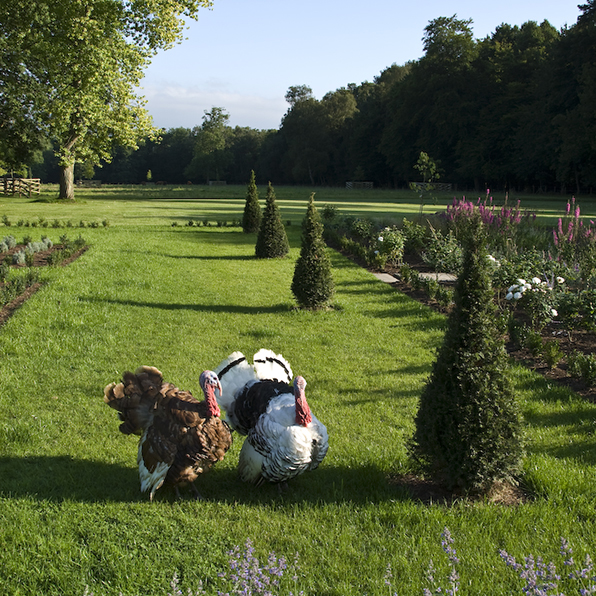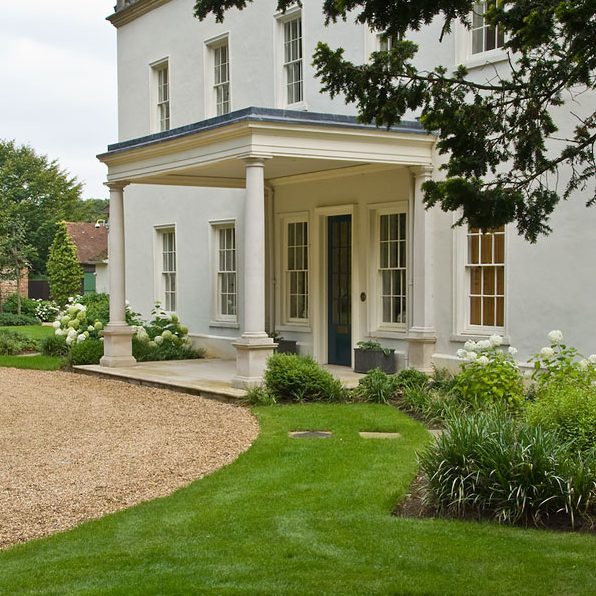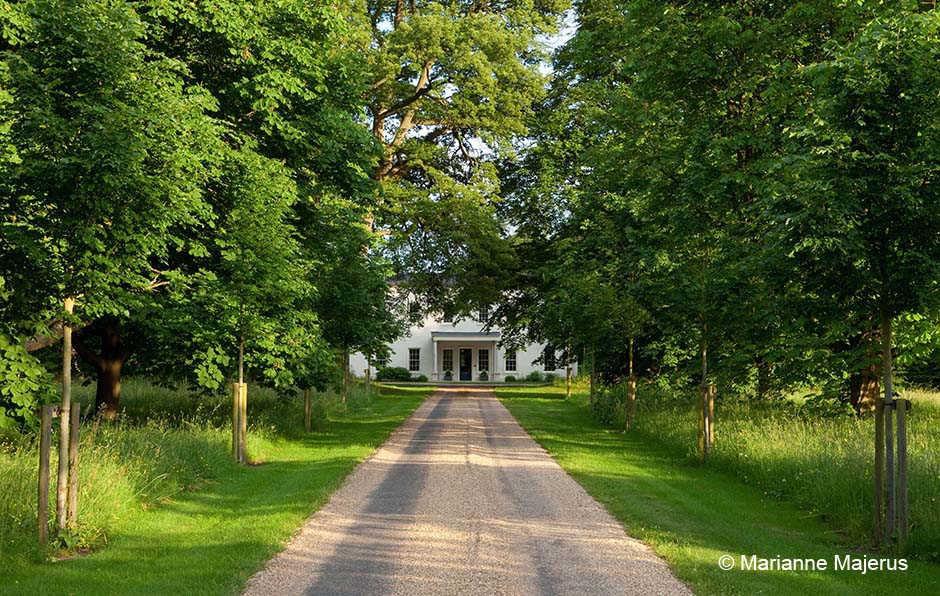My grandmother grew up on a farm, a land grant from King James to our family. We track to the Revolutionary War era. Her only child, my mom, did not relish caring for chickens, pigs, or crops.
.
Dad's family also dates to the Revolutionary War era, along with something quite American, he was a legal Native American Indian, Cherokee. Wonderful, knowing I have the blood of 2 great-great grandmothers, 100% Cherokee.
.
Both sides of my family, until my grandparents, lived agrarian lives. Centuries upon centuries of agrarian knowledge.
.
Good and bad. Dad went on to be part of the core team of 50 NASA engineers putting man on the moon. Cell phones/laptops came from that program, and more. Glad he didn't stay agrarian.
.
What's the point, where is this headed? It took only a single generation, my parents, to lose centuries of agrarian knowledge. Lessons to be learned before we walk, or talk. E. M. Forster takes this up with the character of Leonard Bast in,
Howard's End.
.
From earliest memories I knew industrialized landscapes were wrong. Real landscapes were the marshes, pastures full of Longhorn cattle, Pecan orchards, cattails in the drainage ditches along the roads, Oak trees trailing moss above meadows full of white clover, and whatever else the tropical winds of Galveston Bay blew in. Thought everyone knew which landscapes were the right landscapes.
.
"(Iris) Murdoch begins by reflecting on the fundamental difference between the function of philosophy and that of art --- one being to clarify and concretize, the other to mystify and expand." Maria Popova.
.
Realized, early 20's, I was society's strange one. Society adores industrialized landscapes, mow-blow-go-commodify all they touch-fertilizers-chemicals-mulches-annuals. Industrialized landscapes are written into law via deed restrictions and HOA's.
.

Pic, above,
here.
.
Marvelous young orchard with
guilds, and
potager, above.
.
Getting that 2nd college degree, in my 20's, horticulture, knowing it was bogus USA industrialized landscape nonsense, it was off to study historic gardens across Europe for decades. First time seeing this type of garden, above, moth-to-a-flame. Pure agrarian.
.
This is how I garden, and design gardens, decades now. It's still a rare profession, designing agrarian based gardens. Illegal for millions of Americans, millions more think they are 'messy', see pic, above. Why do they think they are messy? I think, because they don't realize what they are looking at. Why should they? Most are generations away from agrarian living.
.
Looking at the pic, above, I see the
poyeema of Providence. God's workmanship, gifted as the joy of handywork for ourselves, if we deem to partake. They did, above. How fine, above, if a full'ish moon and warm'ish evening are expected, the tail end of fall, dahlias still showing, apples on the branch, a picnic dinner, wine, friends, blankets and large pillows in the orchard, in celebration.
.
Ironically, not too different from the life George Washington or John Adams knew. America was founded upon agrarian models. It's good to have choices beyond agrarian. Yet, in the macro, global industrialization has been at the agrarian expense, especially industrialized livestock.
.
"...art is what makes us not only human but humane." Iris Murdoch.
.
Losing the stewardship agrarian life instills, has led to not 'seeing' industrialized livestock as an issue. Same thread as not 'seeing' what this garden, above, means. Same issue as our health diminished with industrialized vs. agrarian farming, and, industrialized vs. agrarian landscaping. While we harm ourselves, and livestock with industrialized methods, we're poisoning groundwater, killing mycorrhizal fungi, why that matters,
here, killing pollinator habitat for insects/birds/wildlife that migrate, only to journey to areas now bereft of food, so they die, after millions of years having followed the same migration patterns. Jack Nicholson,with his best smile and unkempt greasy hair, couldn't ask it better, "Who are the killers now?".
.

Pic, above,
here.
.
Sacred vs. profane. Pairs of words, in opposite, shout at me, especially when they make me think. Humility vs. hubris is a nice pair of words read this morning. From my own Commonplace book, Mystery-Meaning, Creation-Transcendence, Law-Grace, Righteousness- Corruption, Universalism-Particularism, Pious-Secular, Compassion-Violence, Justice-Judging. In the garden, gardening, performing the gift of poyeema, pairs of words find their journey from the noise of daily life and neo-fixed mindset into the realms of transcendence with a growth mindset.
.
It is the garden passing along epiphanies. Do you do this too?
.
"....if there were a little more silence, if we all kept quiet...maybe we could understand something." Federico Fellini.
.
Part of my mission statement, for decades, for my garden, "......I want to look out any window, any day, and think, Oh Wow." Seeking awe.
.
"Awe enables us to sense in small things the beginnings of infinite significance, to sense the ultimate in the common & simple." Joshua Herschel Abraham.
.
Have you already found your garden to be a talker? "The habit of prayer, by which I mean the habit of listening." Loren Eisley.
.
With Industrialized Gardens, "It is the shrewdness of the fox after the chicken. A low order of mentality often goes with it." Sherwood Anderson.
.
Working with agrarian gardens there are myriad 'greats' to work with, they have died, but not the dynamic of their poyeema. Working with them, is one of the greatest joys of my life. How can I not accept the rebuke from Alexander Pope, "My gardens improve more than my writings." Serious rebuke, taken to heart, yet with complete humor of good will.
.
Garden & Be Well, XOT
.
Pic, above, take from
Ben Pentreath's blog, I think you'll enjoy it.







